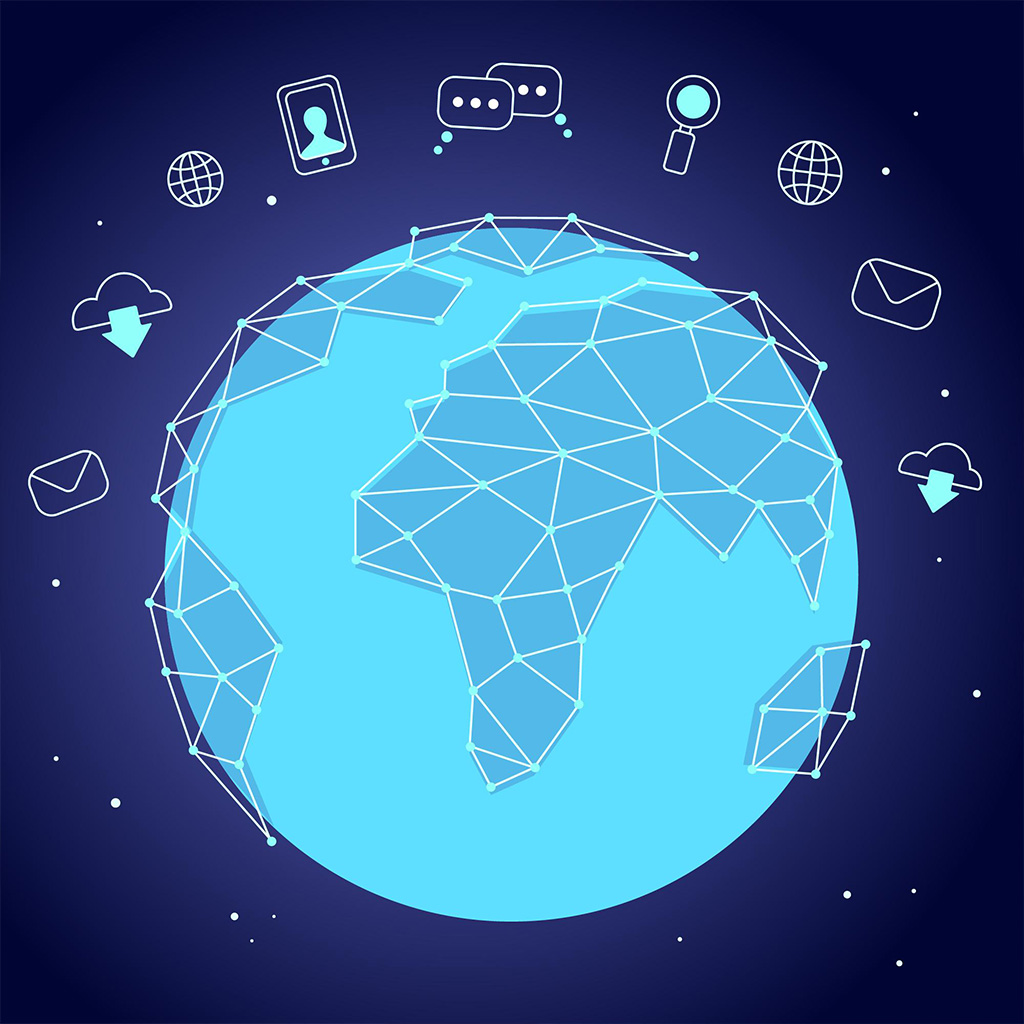1. The African Education Transformation
Africa is in the midst of an educational revolution. With a young and rapidly growing population, the continent is witnessing an increasing demand for high-quality international education. From Nairobi to Lagos and Accra to Johannesburg, global schools in Africa are sprouting up, offering world-class curricula and promising students a competitive edge in the global knowledge economy.
Several factors are fueling this shift, from an expanding middle class to the rise of digital tools that support modern education delivery. Notably, EdTech innovations are transforming traditional classrooms, bringing international content and pedagogy into local contexts. As highlighted in Global Education Online: Expanding Access to Quality Learning Worldwide, technology is democratizing access to elite educational experiences that were once out of reach for many African families.
2. Why Are Global Schools in Africa Expanding So Quickly?
a. Rising Middle-Class Demand for Quality Education
At the heart of the education boom is the rise of Africa’s middle class. With increasing disposable income and greater exposure to global standards, more African parents are seeking premium education options that can prepare their children for international success.

This demand is not just about academic excellence—it’s also about securing future opportunities. A globally recognized education opens doors to top universities abroad and builds the foundational skills needed for success in international careers. This explains the growing preference for British curriculum in Africa, IB schools in Africa, and other globally benchmarked academic frameworks.
b. The Appeal of International Curricula
International schools in Africa often offer a mix of curricula—ranging from the British A-Levels and the International Baccalaureate (IB) to the American K-12 system. These programs are prized for their rigor, emphasis on critical thinking, and alignment with global university admission standards.
In fact, families are increasingly drawn to global schools not only for academic credentials but also for the cultural exposure and values embedded in such programs: many students who attend global schools are better prepared for competitive international admissions.
c. Education Investment in Africa
A major enabler of this trend is the surge in private school expansion and education investment in Africa. From venture capitalists to institutional investors, more stakeholders are recognizing the long-term value of quality education. Infrastructure projects for modern school campuses, teacher training initiatives, and cross-border education partnerships are becoming increasingly common.
Africa’s education sector has attracted billions in funding in recent years—driven by both local entrepreneurs and international education providers.
3. The Role of EdTech in Global Schooling
a. Hybrid and Online Learning Models
The COVID-19 pandemic may have catalyzed online learning, but its impact on schooling continues to evolve. Many global schools in Africa have embraced hybrid models that combine face-to-face instruction with digital platforms, ensuring learning continuity and flexibility.

EdTech platforms—like those powered by Vigilearn Technologies—are enabling schools to deliver content in real time, conduct assessments digitally, and facilitate collaborative projects across borders. These tools also help students build digital literacy, a vital skill for modern academic and professional environments.
For students looking to enhance their digital learning experiences, check out our blog on Must-Have EdTech Tools for Students: Elevate Your Online Learning Experience.
b. International Partnerships and University Pipelines
Many global schools now have formal partnerships with foreign universities, enabling students to transition seamlessly into undergraduate and postgraduate studies abroad. Whether through exchange programs, dual-credit courses, or direct university admissions pipelines, these partnerships make the world feel a lot smaller—and more accessible—for African students.
This trend ties into the broader evolution of online education, where platforms like EduTech are helping universities across the world deliver programs to African students. If you’re interested in pursuing further education from home, see our articles on Top Online Bachelor’s Degrees: Unlock Your Career Potential and Your Guide to Online Master’s Degrees.
4. Benefits of International Schools for African Students
Attending a global school provides more than just academic knowledge—it equips students with a global mindset, language skills, and cultural fluency that are increasingly essential in today’s interconnected world.
a. Better Access to Global University Admissions
One of the most significant advantages of international schools is their track record of placing students in top global institutions. Students familiar with international curricula and exam formats (e.g., IGCSEs, SATs, IB assessments) are better positioned to secure admissions and scholarships.
Recruiters and admissions officers often regard such applicants as better prepared—academically and emotionally—for the rigors of international study. This aligns with the support provided by student recruitment centres, as detailed in our blog [How Student Recruitment Centres Bridge the Gap Between Students and Global Education].
b. Exposure to Cultures, Languages & Leadership
Global schools emphasize multicultural learning environments. Students learn alongside peers from diverse backgrounds, which fosters empathy, curiosity, and confidence. Foreign language instruction is common, and co-curricular activities often focus on global citizenship and leadership—qualities that prepare students to thrive anywhere in the world.
c. High Academic Standards & Career Readiness
These schools often adopt inquiry-based learning, project-based assessments, and a strong emphasis on STEM and the arts. As a result, graduates are not only academically proficient but also innovation-driven, self-aware, and adaptable.
And with proper support systems—like those championed in Top 10 Time Management Skills for Students—students develop habits that help them excel beyond school walls.
5. The Future of Education in Africa

a. Continued Expansion of Global Schools
Looking ahead, we can expect even more private school expansion across Africa, especially in urban and peri-urban areas. With governments recognizing the role of education in national development, policy frameworks are being revised to support foreign investment and innovation in the education space.
b. Collaboration Between Governments and Private Investors
Public-private partnerships (PPPs) will be critical. By combining infrastructure, innovation, and policy support, governments can facilitate the sustainable growth of international education options. This will create a broader ecosystem where African students, regardless of background, can access a world-class education.
And as technology continues to evolve, platforms like EduTech will remain at the heart of this movement—enabling institutions to scale their offerings, serve more learners, and ensure no student is left behind.
Conclusion: EduTech at the Forefront of Africa’s Education Boom
The rise of global schools in Africa is not just a trend—it’s a transformational shift in how the continent prepares its next generation. From international curricula to cutting-edge EdTech tools and strategic partnerships, Africa’s education system is being redefined for a global future.
At EduTech, we’re proud to be part of this transformation. Through our work with universities, educators, and partners across the continent, we are making international-quality education accessible, scalable, and sustainable.
Whether you’re a parent exploring better options for your child, a school seeking to expand globally, or a student dreaming of studying abroad—reach out to us. Let’s shape the future of education together.


